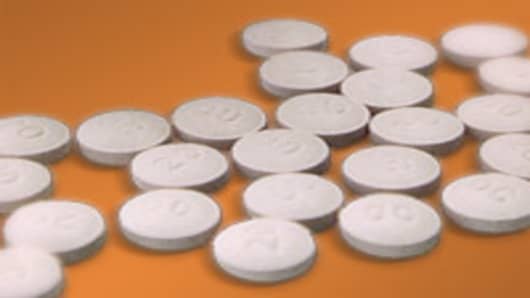Time to pen our predictions for our beats in the new year. With each passing year, though, this assignment is becoming more of a challenge. Seven predictions for 2007...doable. Eight for '08...alright, I guess I can handle that. Nine for '09...we're starting to push it. But here goes.
1. Big Pharma M & A
Okay, I know it's the same old song, but no one pulled the trigger this year like I thought they would. Analyst Barbara Ryan at Deutsche Bank says enough is enough, that these times call for "aggressive M & A." In a huge research note to clients Ryan writes, "we conclude that acquisitions (in big pharma)—and eventually mergers of equals—are inevitable."
2. Big Pharma-Big Biotech M & A
The proposed Roche acquisition of Genentech is still marinating. BHP Billiton is walking away from its hostile offer to buy Rio Tinto because of the economy. Even though Roche has said repeatedly that it remains committed to seeing this through, investors are skeptical. DNA is trading well below Roche's $89-a-share bid, which Genentech said is too low. I'm not willing to even guess how this one plays out.
3. Big Pharma-Little Biotech M & A



